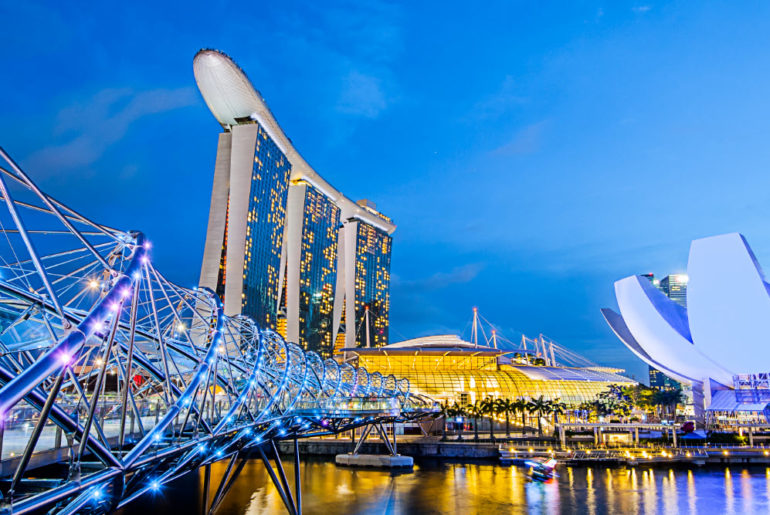On 13 September 2022, the Health Sciences Authority (HSA) issued a retail-level recall in respect of a therapeutic product found to contain foreign matter. Earlier this month, the HSA also issued an update on products found and reported by overseas regulators to contain potent ingredients, and briefly explained the possible side effects of the potent ingredients.
On 2 September 2022, the Singapore Ministry of Health announced that additional transitional support will be provided to cancer patients with changes introduced to the financing regime of cancer drugs.
Subsidies of clinically effective and cost effective cancer drugs will, with effect from 1 September 2022, be extended through the Medication Assistance Fund at Public Healthcare Institutions.
Additional transitional support will also be implemented to cushion the impact of cancer drug spending for patients with IPs that currently cover their treatments and patients with MediShield Life only.
On 30 August 2022, the Indonesian House of Representatives agreed to pass a law ratifying the Regional Comprehensive Economic Partnership, the largest regional free trade agreement outside the World Trade Organization — involving 10 ASEAN countries and five non-ASEAN countries, i.e., China, New Zealand, Australia, Japan and South Korea. With the passing of this law, which still requires promulgation by the President, RCEP is set to come into force for Indonesia, possibly before the end of the year.
On 16 August 2022, the Health Sciences Authority issued an update on products that were found by overseas regulators to contain potent ingredients. Such potent ingredients are banned from health products as they may cause certain side effects.
In the month of August 2022, the Health Sciences Authority issued several retail-level recalls in respect of therapeutic products and Chinese proprietary medicines that were in breach of applicable healthcare regulations.
The Ministry of Health (MOH) will be introducing “Nutri-Grade”-related measures that will apply to freshly prepared beverages. From the end of 2023, all outlets selling freshly prepared beverages with higher sugar and saturated fat content will have to label such beverages with the “Nutri-Grade” mark. Outlets will also be prohibited from advertising freshly prepared beverages with the highest level of sugar and saturated fat content.
In two separate decisions, the High Court provides a new sentencing framework that imposes heftier punishments for failing to ensure the safety of employees at work and provides clarification as to whether settlement payments may be taken into consideration when determining the amount of compensation payable by an employer for workplace injury. The General Division of the High Court (SGHC) in two recent decisions in Public Prosecutor v Manta Equipment (S) Pte Ltd [2022] SGHC 157 and MTM Ship Management Pte Ltd v Devaswarupa and others [2022] SGHC 178 considered two pieces of legislation concerning workplace safety and accidents in Singapore.
While Hong Kong and mainland China have had anti-discrimination laws in place that protect employees from various types of discrimination at the workplace, recent developments and increasing employee awareness of their rights have led to increased focus on this area. Whilst Singapore does not currently have any workplace discrimination laws per se, there have been some recent developments.
Join us for this webinar where our employment team from Baker McKenzie Hong Kong & China, and Baker McKenzie Wong & Leow will explore the discrimination laws and regulations in China, Hong Kong and Singapore, consequences for non-compliance, and what employers need to bear in mind regarding their human resources policies.
In July 2022, the Singapore Personal Data Protection Commission published a guide to help organisations comply with the Personal Data Protection Act when deploying blockchain applications that process personal data. As such, this Guide provides a broad set of principles and considerations for organisations to design their blockchain applications to be PDPA-compliant, thus ensuring more accountable management of customers’ personal data.
The Ministry of Communications and Information has released, in its Public Consultation published on 13 July 2022, more information on two proposed complementary codes to protect Singapore-based users against harmful and high-risk online content.
Social media platforms with significant reach or impact that are designated social media services will be in-scope for the new compliance obligations proposed by the MCI under the Code of Practice for Online Safety and all social media services are intended to be subject to the Content Code for Social Media Services.



